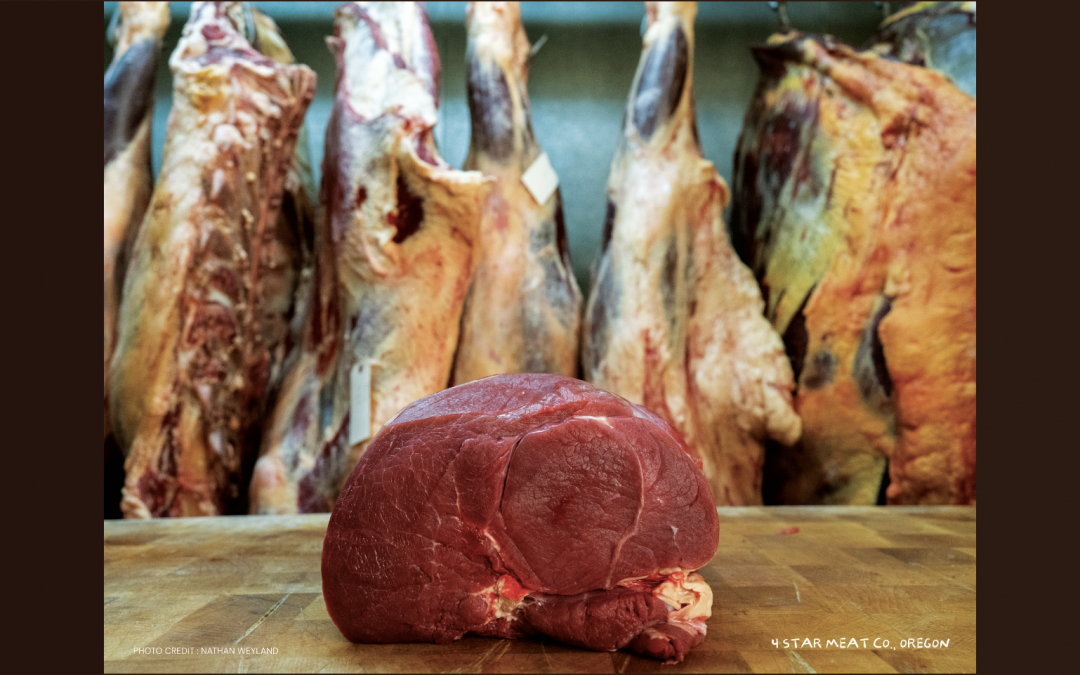
by radiocafe | Aug 26, 2025 | Down to Earth, Environment, Food & agriculture
Farmer, educator, artist, and non-profit leader Michele Thorne explores the values associated with “good meat”––from transparency to ecosystem health to nutrition––and what that means for ranchers, butchers, chefs, eaters, and for the planet.
Learn more …

by radiocafe | Aug 11, 2025 | Down to Earth, Food & agriculture, Native & indigenous, New Mexico
Zach Ben founded Bidii Baby Foods not only to provide nutritious first foods, but also to help heal generational trauma and invest for the health and abundance over the coming decades and even centuries.
Learn more …
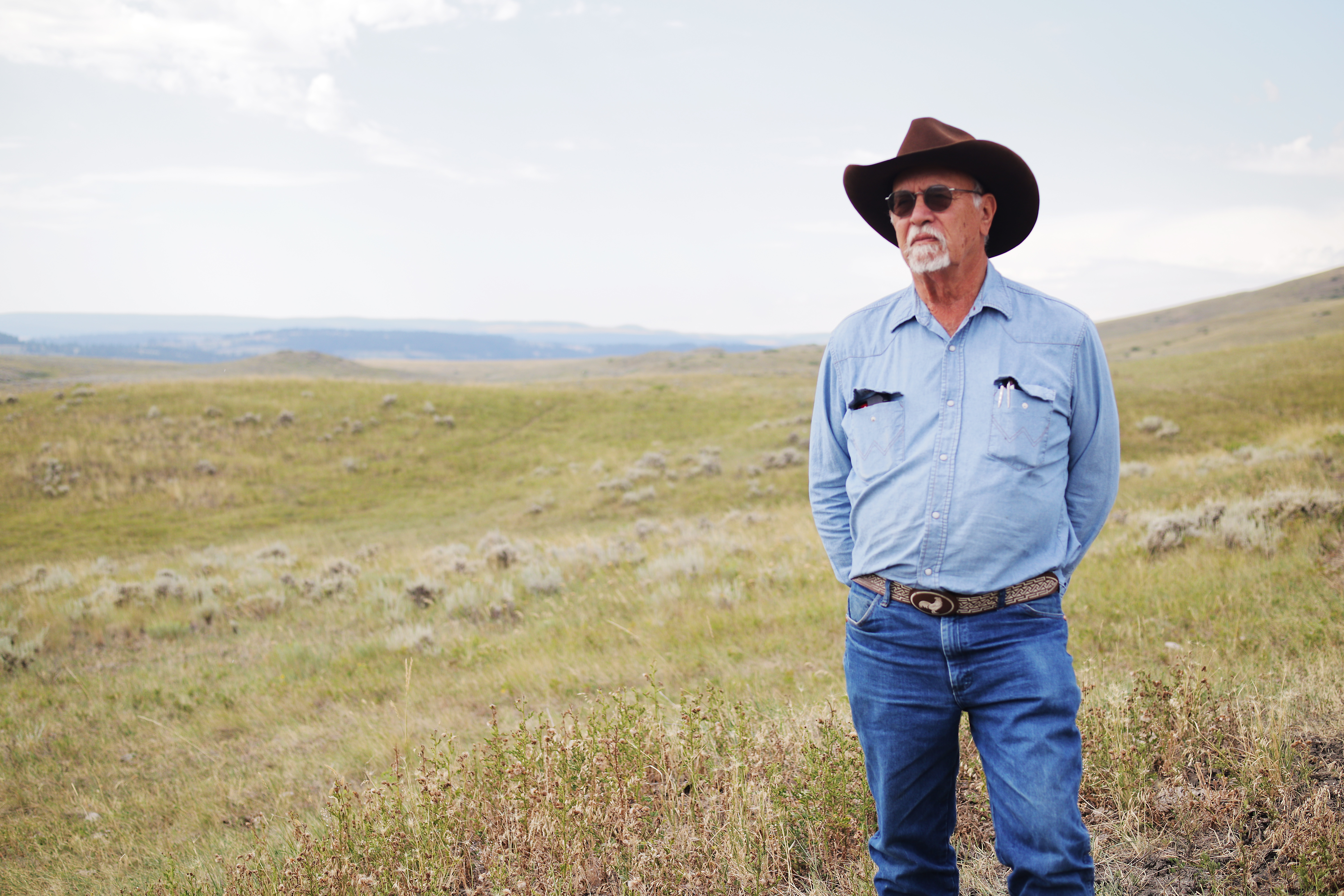
by radiocafe | Jul 29, 2025 | Books, Down to Earth, Environment, Politics
That’s the name of Gilles Stockton‘s new book, in which he tells the story of the rise of America’s food cartels––and describes the alternative economics of a healthy local-regional food system.
Learn more …
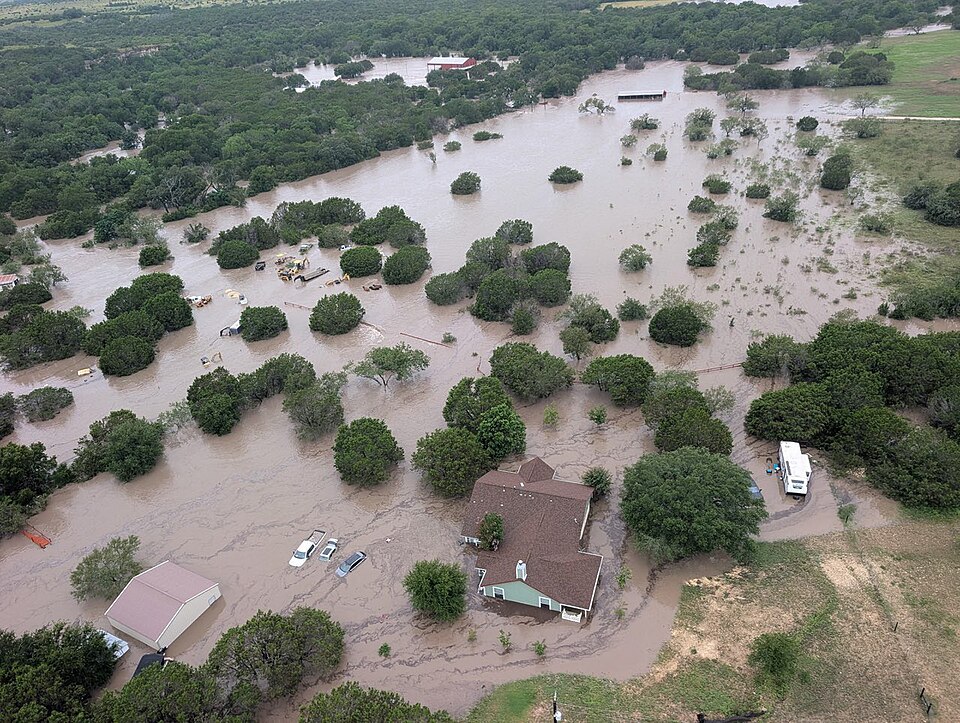
by radiocafe | Jul 14, 2025 | Down to Earth, Environment, Food & agriculture, Native & indigenous, New Mexico
The tragic loss of life we saw in the Texas floods can be prevented, according to water expert Bryan Hummel, through restoration of our land––helping people, planet, and profits.
Learn more …
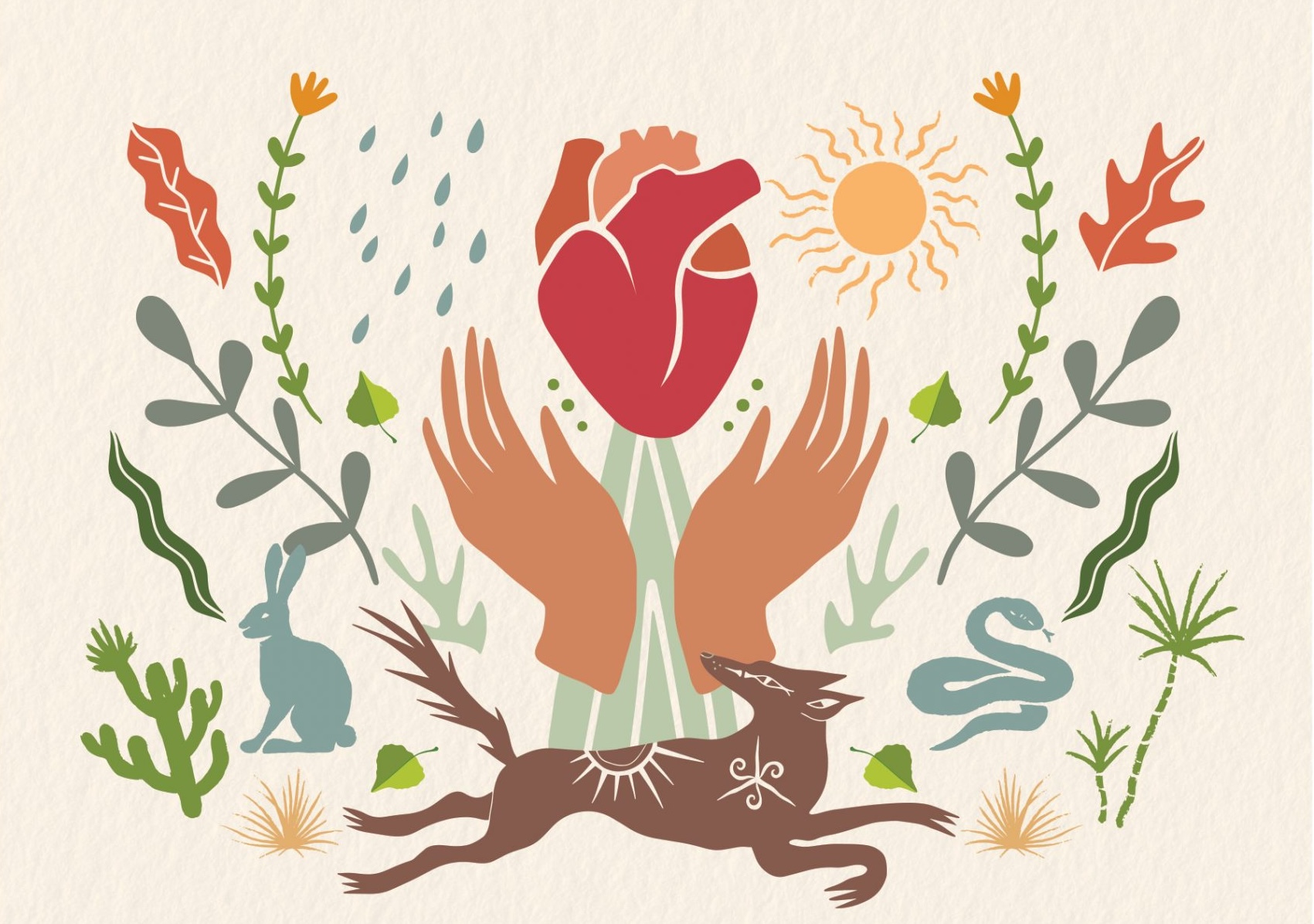
by radiocafe | Jul 1, 2025 | Down to Earth, New Mexico, Science & health
Wendy Johnson‘s new book, Kinship Medicine, explores the power of strong community, family, and nature––as well as good food and medicine—on keeping us healthy and thriving.
Learn more …
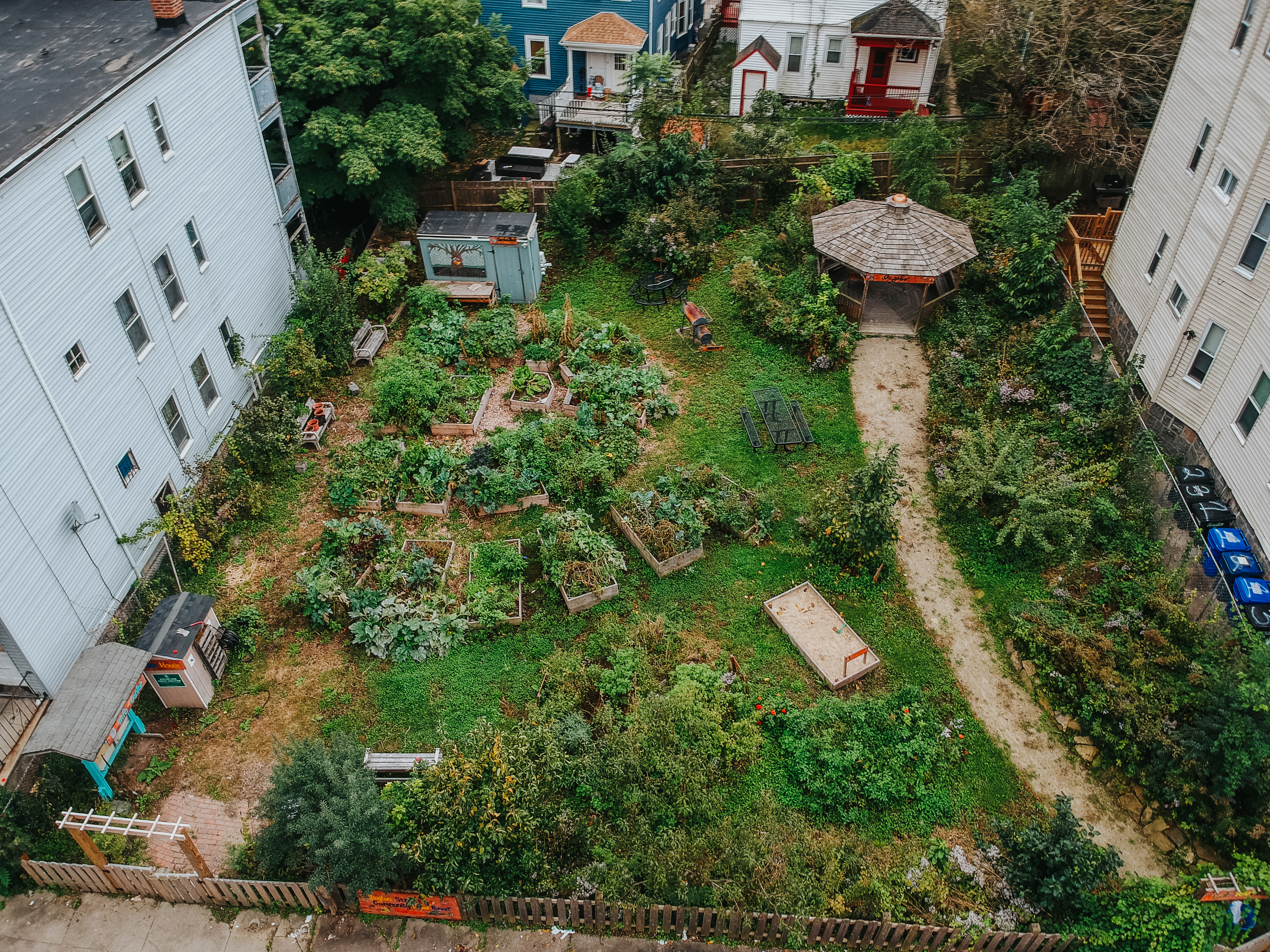
by radiocafe | Jun 17, 2025 | Down to Earth, Environment, Food & agriculture
Boston Food Forest Coalition is helping neighbors to cultivate fruit trees, raised beds, wildlife, community spaces—and hope in the face of climate disruption.
Learn more …
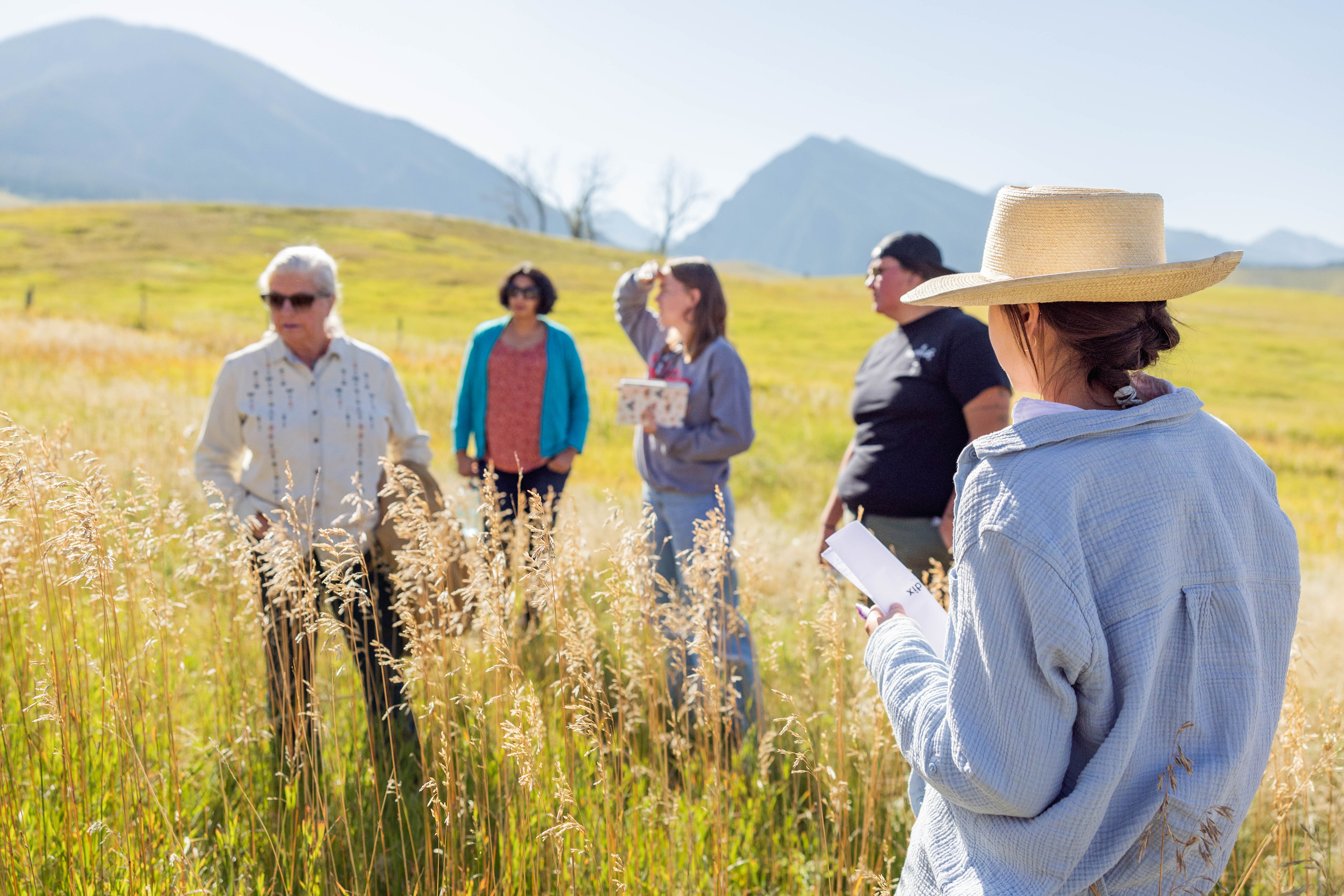
by radiocafe | Jun 2, 2025 | Down to Earth, Food & agriculture, Native & indigenous, Race/class/gender
Montana ranchers Amber Smith and Kristen Kipp talk about dealing with discrimination against women and Native people––and finding more powerful and shared ways of working and leading.
Learn more …
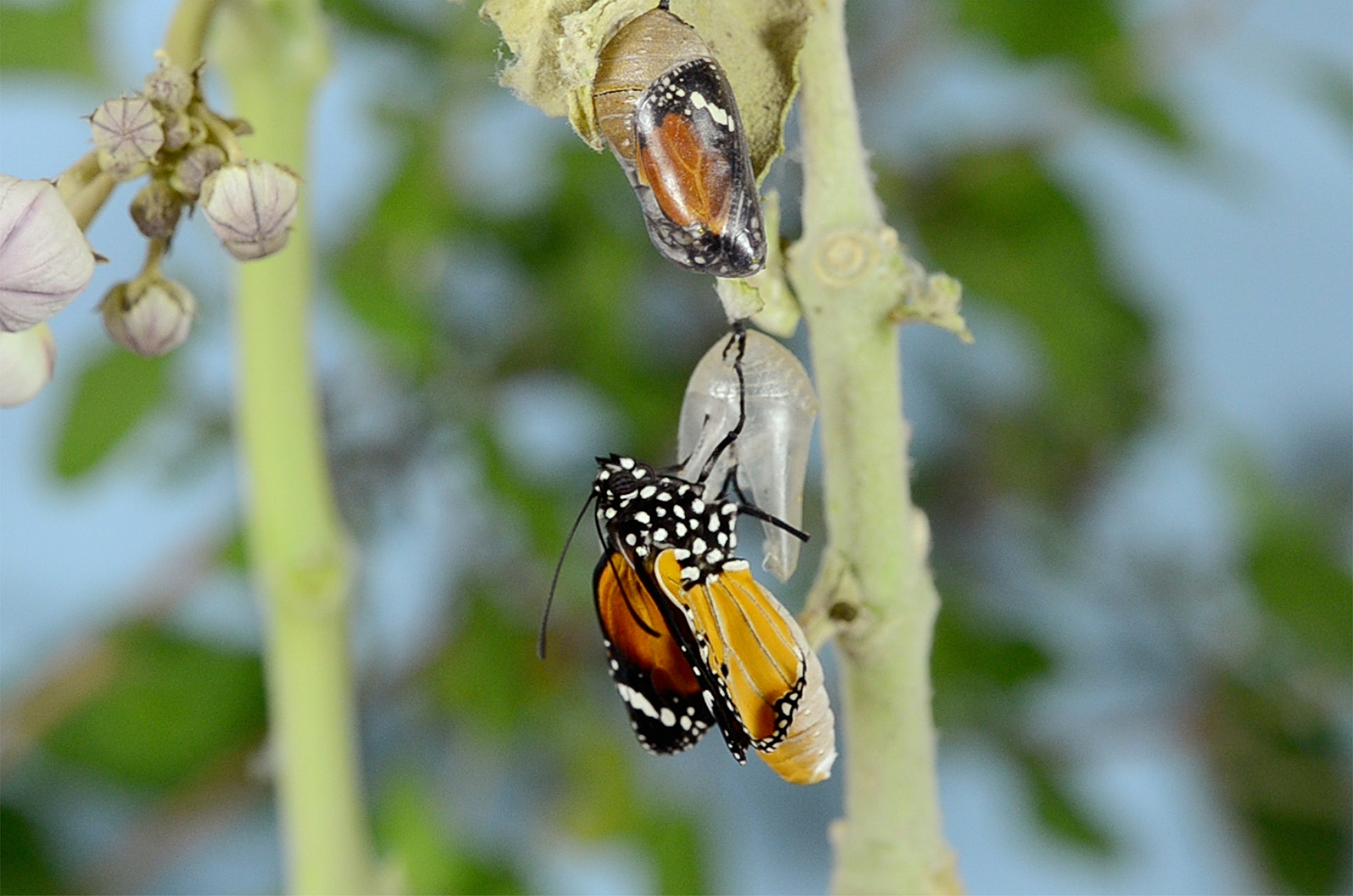
by radiocafe | May 19, 2025 | Activism, Down to Earth, Environment, Food & agriculture
Don Hall is author of a new book about the Transition Movement—a network of people worldwide who are building local food, energy, and even currency systems.
Learn more …
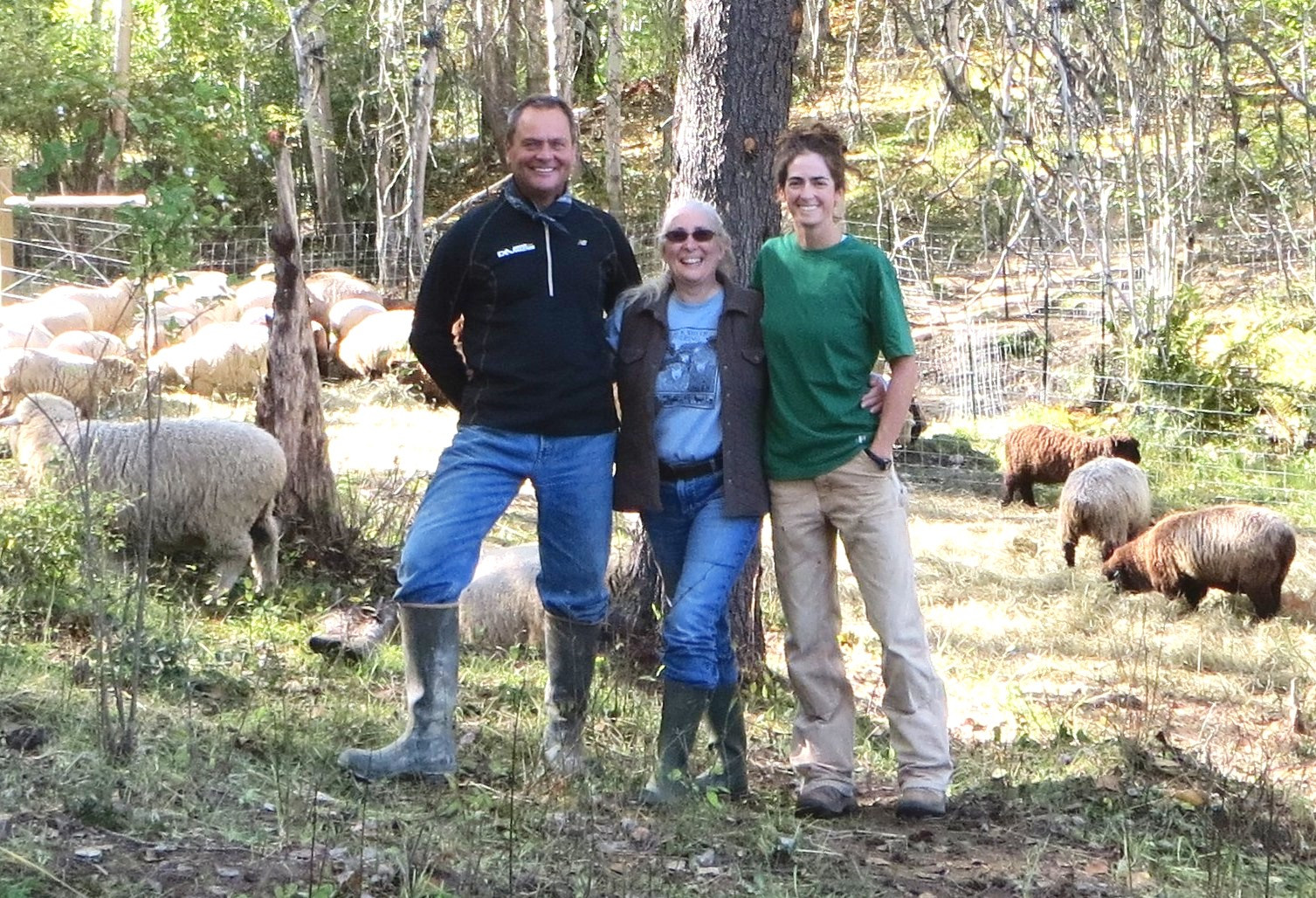
by radiocafe | May 6, 2025 | Down to Earth, Food & agriculture, Science & health
Eileen Napier and Stan Hayes talk about their journey building a thriving regenerative ranch, Ramstead Ranch—from the ground up.
Learn more …
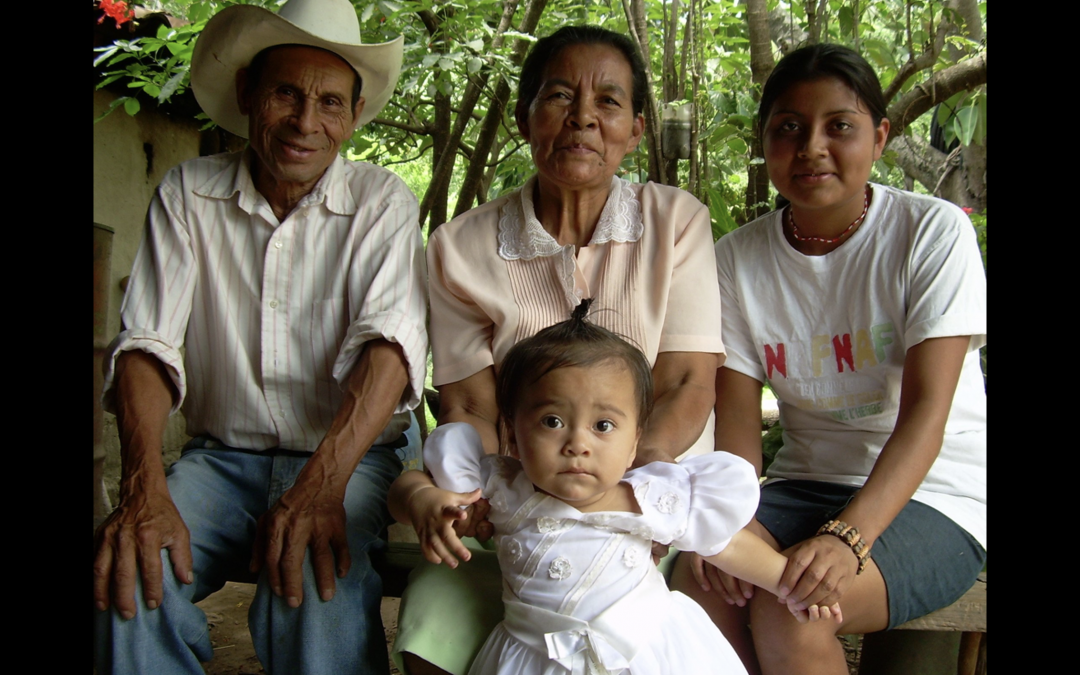
by radiocafe | Apr 21, 2025 | Down to Earth, Environment, Food & agriculture, Politics
Paul Rice talks about his new book, Every Purchase Matters, and how the movement to get farmers a fair price has brought prosperity to workers all over the world.
Learn more …










